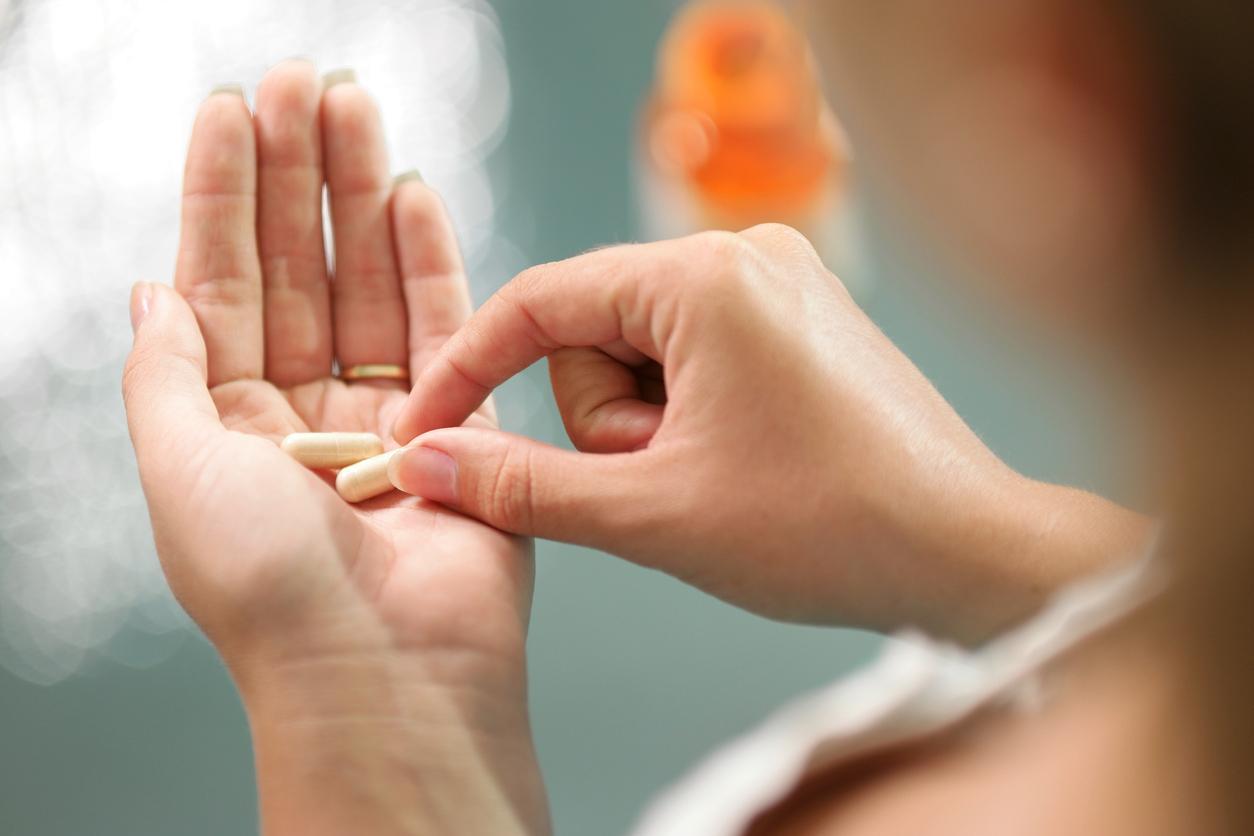
Part of the B complex
You need vitamin B2 to provide your body with energy. But it has even more features. What happens if you don’t get enough vitamin B2?
Vitamin B2 is one of the eight B vitamins. The umbrella term for these vitamins is ‘Vitamin B complex’. It used to be thought that there was only vitamin B, just as there is only one vitamin C. Later it turned out that there were several B vitamins and they were therefore each given their own number. Another name for vitamin B2 is riboflavin.
Energy
Vitamin B2 has a lot of functions in the body. It plays an important role in metabolism and energy management. You need vitamin B2 to release energy from the carbohydrates, proteins and fats that you get through food. This keeps your energy level up to par. It also contributes to healthy skin, vision and the maintenance of the nervous system.
Sources of B2
Milk and milk products, meat (products), vegetables, fruit, eggs, bread and grain products contain a lot of vitamin B2. It does not tolerate light well and is soluble in water. That is why it is best to store milk in the dark, in the carton in the refrigerator. Boil vegetables with vitamin B2 in a small amount of water and do not cut the pieces too small, then you will retain most of the vitamins.
Vitamin B2 is also added to products to give them a yellow color. It will then appear on the packaging as E number 101.
Vitamin B2 deficiency
If you do not get enough vitamin B2, you can suffer from your skin, such as inflammation at the corners of your mouth. Or you will suffer from fatigue. A deficiency can also lead to a decrease in hemoglobin levels. Hemoglobin is the substance that makes your blood red and carries oxygen from the lungs to the rest of the body.
Too much vitamin B2 can’t hurt, you just pee the excess out. Your urine may therefore become a bit more yellow in color.
How much do you need?
The Health Council set the recommended daily amount of vitamin B2 for adult men at 1.5 milligrams and for women at 1.1 milligrams*. That’s about four glasses of milk. In the table below you will find the recommended amounts for different groups.
| Category / age | Milligrams per day |
|---|---|
| Men / Boys | |
| 0 – 12 months | 0.4 |
| 13 years | 0.5 |
| 4 – 8 years | 0.7 |
| 9 – 13 years | 1 |
| 14 years and older | 1,5 |
| Women / Girls | |
| 0 – 12 months | 0.4 |
| 13 years | 0.5 |
| 4 – 8 years | 0.7 |
| 9 – 13 years | 1 |
| 14 – 15 years | 1,5 |
| 16 years and older | 1.1 |
| During pregnancy | 1.4 |
| While breastfeeding | 1.7 |
* In 2018, the standard was adjusted by the Health Council. The daily recommended amount of vitamin B2 for adult men and women is now 1.6 milligrams.
Sources):















